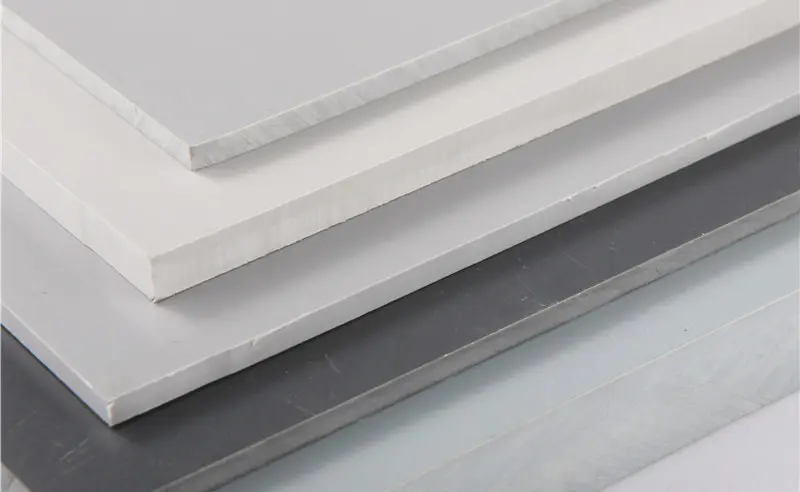డిసెం . 19, 2024 23:57 Back to list
pvc conduit pipe
Understanding PVC Conduit Pipe A Comprehensive Guide
PVC conduit pipe is an essential component in the realm of electrical and telecommunications applications. Made from polyvinyl chloride (PVC), this type of conduit is favored for its durability, lightweight nature, and resistance to corrosion. This article delves into the various features, advantages, and applications of PVC conduit pipe, providing a well-rounded overview for both industry professionals and DIY enthusiasts.
What is PVC Conduit Pipe?
PVC conduit pipe is a type of tubing used to protect and route electrical wiring. It serves as a protective barrier against physical and environmental threats, such as moisture, frost, and mechanical damage. PVC conduit is often employed in commercial, industrial, and residential environments, where it safeguards cables from external factors that could potentially cause wear or failure.
Key Features of PVC Conduit Pipe
1. Corrosion Resistance One of the standout features of PVC conduit is its resistance to a wide range of chemicals and environmental conditions. Unlike metal conduits, PVC does not rust or corrode, making it ideal for outdoor installations or areas prone to moisture.
2. Lightweight PVC conduit is significantly lighter than metal options, making it easier to handle and install. This property also reduces shipping costs and labor time, as fewer supporting structures are required.
3. Electrical Insulation As a non-conductive material, PVC provides excellent electrical insulation. This feature is crucial for ensuring safety in electrical installations, minimizing the risks of short circuits and electrical shocks.
4. Flexibility PVC conduit can be manufactured in various shapes and sizes, making it adaptable to different installation needs. With options for rigid, flexible, and schedule 40 or 80 PVC, installers can select the best conduit type for their specific applications.
5. Cost-Effectiveness Generally, PVC conduit is more affordable than its metallic counterparts. This lower cost, combined with ease of installation, makes it a popular choice for both new constructions and retrofitting existing systems.
Applications of PVC Conduit Pipe
PVC conduit finds extensive use across various sectors
pvc conduit pipe

- Residential Wiring Homeowners often use PVC conduit to run electrical wiring in garages, basements, and outdoor lighting projects. Its durability and weather resistance make it suitable for exterior applications.
- Commercial Buildings In commercial settings, PVC conduit is commonly used for distributing power and communication lines. Its lightweight nature and easy installation can streamline the wiring process in office buildings and retail spaces.
- Industrial Applications Factories and warehouses frequently utilize PVC conduit to protect wiring in harsh environments. Its resilience against chemicals and moisture makes it a reliable choice for industrial facilities.
- Telecommunications With the increasing demand for data transmission and connectivity, PVC conduit is widely used to house fiber optic cables and telecommunication wiring. Its non-conductive properties help prevent interference and signal degradation.
Installation Considerations
When installing PVC conduit pipe, several guidelines should be adhered to
- Code Compliance Always ensure that installations meet local electrical codes and regulations. This may include specific requirements for conduit types, sizing, and installation techniques.
- Bending and Fittings While PVC conduit can be bent, follow manufacturer recommendations for bend radius to prevent kinking. Use appropriate fittings to create secure connections.
- Cutting and Joining Use proper tools for cutting and joining PVC conduit to avoid damage. Solvent cement is typically used to bond pipes and fittings securely.
Conclusion
PVC conduit pipe stands out as a highly versatile and effective solution for protecting electrical wiring. Its features, including corrosion resistance, lightweight nature, and cost-effectiveness, make it suitable for various applications across different industries. As technology continues to advance and the demand for safe and efficient electrical infrastructure grows, PVC conduit will undoubtedly remain a staple in the construction and installation landscape, ensuring reliable performance and safety for years to come.
-
Durable PP Rigid Sheet: Lightweight, Chemical Resistant Solutions
NewsAug.21,2025
-
PVC Grey Sheet for Extraction: Chemical Resistant & Durable
NewsAug.19,2025
-
Durable PVC Pipe Fittings for Plumbing & Irrigation Needs
NewsAug.18,2025
-
HDPE Steel Belt Reinforced Spiral Corrugated Pipe | High Strength
NewsAug.17,2025
-
HDPE Pipe Fittings: Durable, Leak-Proof Solutions
NewsAug.16,2025
-
Premium CPVC Sheet: High-Temp & Chemical Resistant Solutions
NewsAug.15,2025

